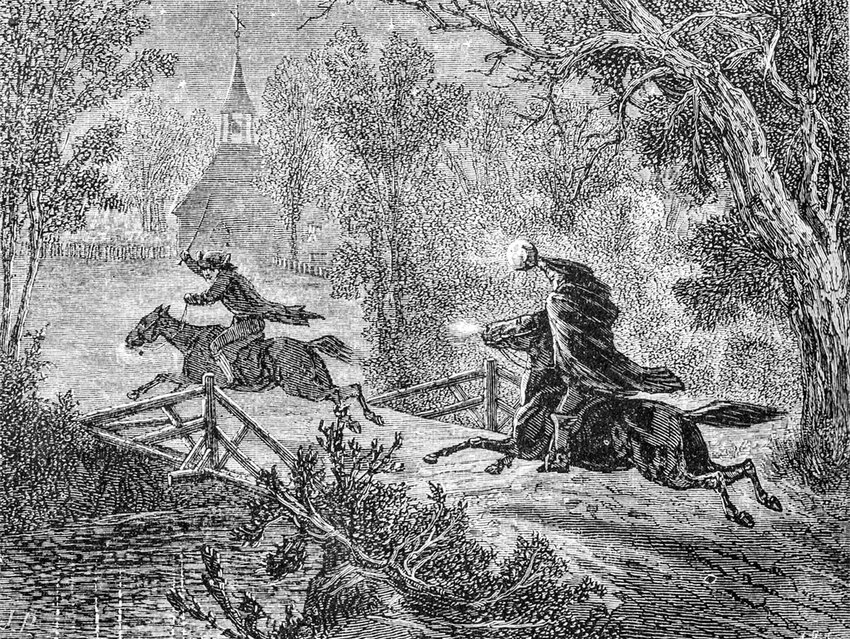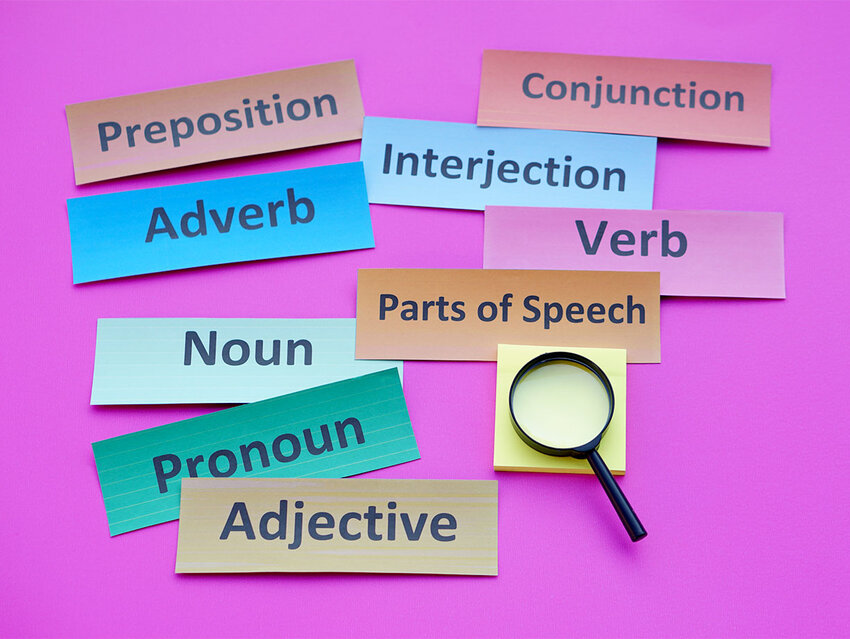
Malapropism
[MAL-əprop-iz-əm]
Part of speech: noun
Origin: English, mid-19th century
1.
The mistaken use of a word in place of a similar-sounding one, often with unintentionally amusing effect, as in, for example, "dance a flamingo" (instead of flamenco).
Examples of Malapropism in a sentence
"Second-language learners are likely to use some comical malapropisms as they practice their skills. "
"She stumbled in her introduction with a malapropism, but the rest of the speech went well."
About Malapropism
The word malapropism comes from an English play, but playwright Richard Sheridan likely got his inspiration from the French, “mal à propos,” meaning inappropriate. The noun can refer to the linguistic tic in general, or a specific instance of malapropism.
Did you Know?
This linguistic blunder comes from the 18th-century play "The Rivals." In it, the character Mrs. Malaprop is known for unintentionally using the wrong words in often-humorous contexts — for example, "He is the very pine-apple (pinnacle) of politeness!"








